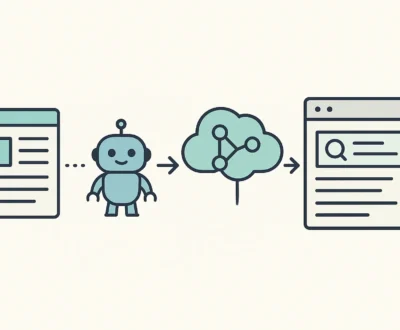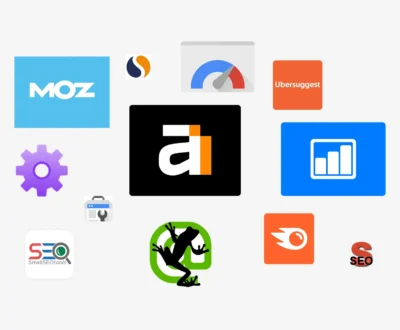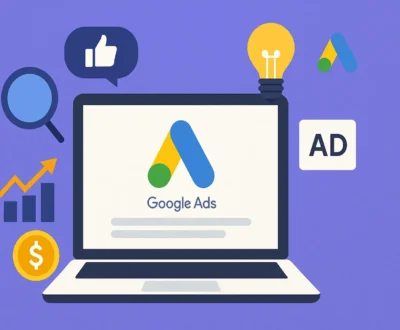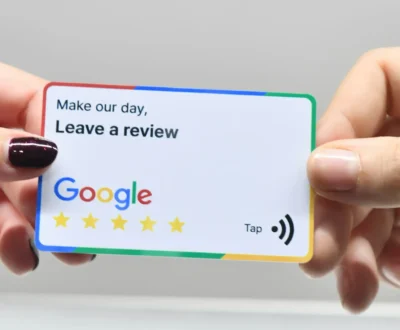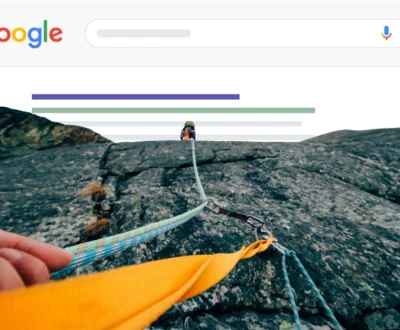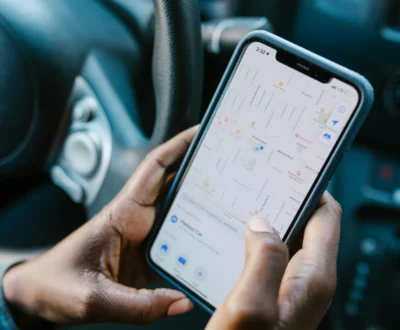SEO and SEM: differences and strategies
- August 9, 2022
- Latest Articles on SEO Trends and Tips

This article will explain what SEO and SEM strategies consist of, their main differences, and in which situations they could be of most help.
First, let’s start with the basics of SEO and SEM.
SEO, which stands for “search engine optimization,” is the process of promoting a website organically on search engines. In other words, it consists of improving the positioning of a website in Google, making it more relevant and exciting for users. For example, if you are a locksmith in Barcelona and your website has an excellent SEO (provides a lot of relevant information, is very attractive to the user, etc.), it is very likely that Google will decide to show you when someone searches for such services in your city, without you having to pay for anything. Quite simply, you are the website that offers the best quality.
On the other hand, SEM works through PPC, which consists of paying to be shown to your target audience. The acronym says it all: “pay-per-click” pay per click. With SEM, you can have your website displayed along with the organic results without the obligation to be the most relevant option. Unlike SEO, you will have to pay for the clicks you receive this time.
Although more powerful companies use SEM to dominate among the first results (they appear both organically and with advertising), as a general rule, the strategy of “pay-per-click” (PPC) serves to receive traffic from unavailable sources, where organically, there are such monsters with which it is difficult to compete.
SEM and its utilities
As with any other paid service, SEM is an excellent way to receive “something” (in this case, clicks and traffic) faster and better, paying.
Suppose you are a startup and you need to generate sales fast. In that case, SEM is the best option because having minimally prepared the base (the website), you can get traffic, and also, with properly configured campaigns, precise traffic to the pages you are interested in, from the keywords you are interested in, from the countries you are interested in, etc. (more flexibility). Something that SEO does not allow you to choose because there Google decides where to whom and which pages to show (if it has your website in mind, of course).
With properly configured campaigns and a good website, you can get SEM campaigns to help you improve your SEO. If people find your website attractive and stay on it for a long time browsing and interacting, even after clicking on an ad, this can help your organic positioning.
SEM is also a perfect and quite effective strategy for e-commerce businesses (online stores). It allows you to advertise your products with shopping campaigns, Google’s specialized service for online stores. With shopping campaigns, Google directly displays your product, with its image, description, and cost, in the search results!
The strong point of online stores is the products, not the content, which complicates their organic promotion. For this reason, and taking into account the advantages that SEM offers exclusively to e-commerce businesses, at Milloret.com, we believe that SEM is even better than SEO for online stores.
SEO, the unfair fight for the podium
As I mentioned at the beginning, SEO is based on improving your domain to the maximum, both to please Google and the user. It is purely a competition between websites to see who can offer the best quality. That is why SEO is a much slower and more complicated process than SEM.
To give an example, if SEO were a bicycle race, there would be several who would have more advantages and would go with motorcycles (they have more economic resources to invest in links, content, etc.), others besides going on a motorcycle, would start the race much earlier than the others (their business has been online for many more years). It is not a fair race at all.
That’s why, for newcomers who want to get organic traffic, it is recommended to set more humble goals at the beginning. Where people on bikes don’t go because they are less prestigious and less rewarding races, they are all bikers; you might even find someone on foot.
However, if someone has a good website of high quality, but specialists have not analysed that in the field for a long time. He participates in the race with a bike but without gasoline. With a few touches from someone knowledgeable, he could overtake the others quite easily. This is the great advantage of SEO, websites with a long history have much easier to grow organically without the need to resort to “pay-per-click” (PPC) to receive traffic.
If you have a weak website with little trajectory, it does not mean that you should completely ignore SEO. This is not true; working on the website and perfecting it will help you improve the performance of your SEM campaigns; a website in poor condition will not be successful even if you bring traffic paying for it.
“Drop by drop, the boot is filled” everything you do regarding SEO will add up, and if you are constant in your efforts, you will get results. It is not like SEM, where everything stops immediately once you stop paying for ads.
About us and this blog
We are a digital marketing company with a focus on helping our customers achieve great results across several key areas.
Request a free quote
We offer professional SEO services that help websites increase their organic search score drastically in order to compete for the highest rankings even when it comes to highly competitive keywords.

